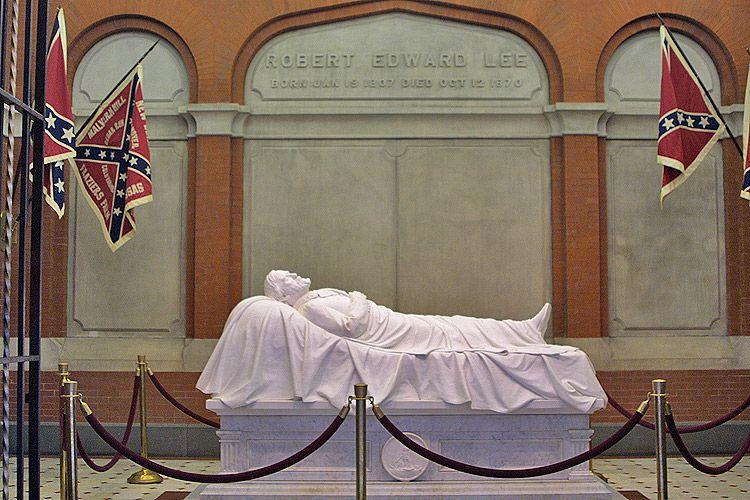Under the present circumstances in America today, I’ve had a number of recent conversations about my college alma mater, Washington & Lee University. As the second of three generations to graduate from W&L, I have deep ties with the University as well as great appreciation for the value of my four years there.
I attended W&L in the early ‘70’s, when it began admitting students of color. My fraternity was the first to desegregate, a matter of no small controversy at the time. The next controversy, which seems almost quaint three-plus decades later, was whether or not to admit women. In the mid-’80s, despite much dismay and dissent among its alumni, Washington & Lee became co-ed. Fast forward a little more than three decades, and W&L is once again at a tipping point: the controversy over its namesakes’ connections to slavery.
Our society — including the institutions of higher learning that produce many of our political, business and civic leaders — needs to accept responsibility for the legacy of racism in order to move forward toward greater peace, justice and opportunity for all. This is the change that our times now call for, loud and clear.
This applies to W&L no less than to scores of other institutions around the country. Princeton University has set a bold example by striking Woodrow Wilson’s name from its business school. Of note, around 20% of W&L’s most recent graduates requested, and were granted, the omission of both Washington’s and Lee’s profile images from their diplomas.
Over the years, the University has established numerous student, faculty, alumni, board and administration special committees tasked with resolving challenging issues brought by changing times. Co-education, college affordability and diversity are just a few of those issues addressed by rigorous examination, debate and resolve. The challenge now is the University’s actual name, which honors the memory of men who owned slaves. In particular, Robert E. Lee not only led a Confederate army in the fight to protect slavery, his harsh conduct as a slave owner is well documented.
In my own opinion, the values and traditions upheld and advanced by the University today are no longer well served by its namesakes. I believe that responding in a positive and proactive way to the call for change would be the wisest course. W&L is highly competitive and widely respected, and continues to send well-educated young men and women into the American workforce and society every year. A change in name will not detract from its value and reputation in the national higher education community.
Whatever changes the W&L trustees and administration ultimately decide will likely be contentious. Change always is. But I believe that change and progress are conjoined, and for the continued advancement of the University, I hope for both.
Matt LaMotte graduated from Washington & Lee University in 1974. He presently teaches American history and U.S. government courses at Saints Peter & Paul High School.




Antoinette Wilson says
As 4th cousin, 5x removed to Robert E. Lee, I am in agreement with Mr. LaMotte. Some members of the family justify his actions, by claiming he, tho tormented, “was a product of his day, dedicated to serving his people.”
In truth, he didn’t have the foresight nor moral character to LEAD his people in the right direction. Free of human bondage.
“People must have courage if they are to function as ethical leaders.”
Patrick Young says
Thoughtful commetary.
Patrick Hinely says
The photo which illustrates your piece is obsolete: those CSA flag replicas were removed a few years ago, but the statue, of Lee in CSA uniform, remains.
Be that as it may, given how so much of the thoughtful and constructive discussion on this topic I’ve seen is from younger alumni, it is nice to see another alumnus of my own vintage speak out in the same way.
Kate LaMotte says
Just a minor correction – at Princeton, it was the international and public affairs school that is dropping Wilson from the name, not the business school.
Dr. William B Ravenel says
Thank you for the correction.